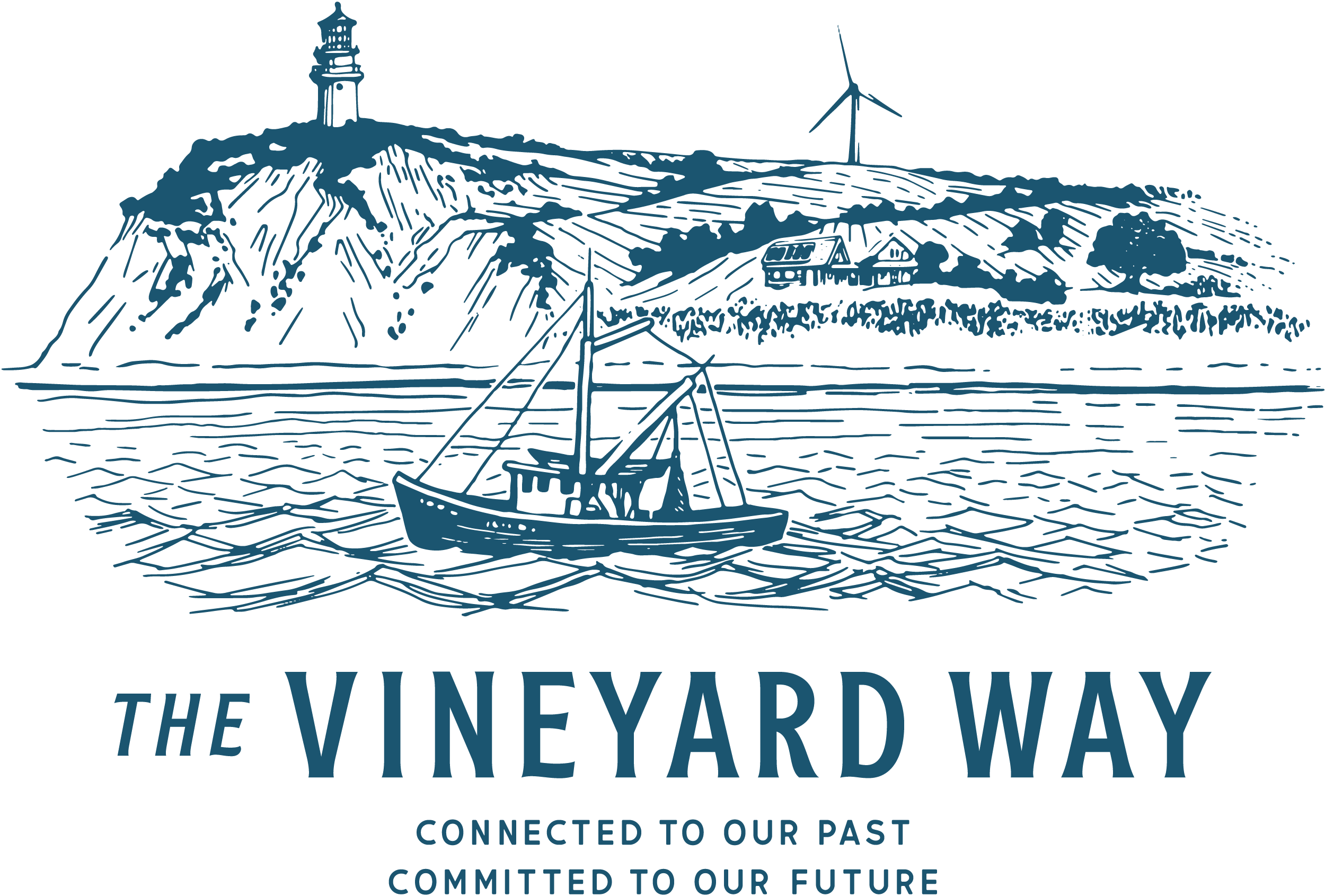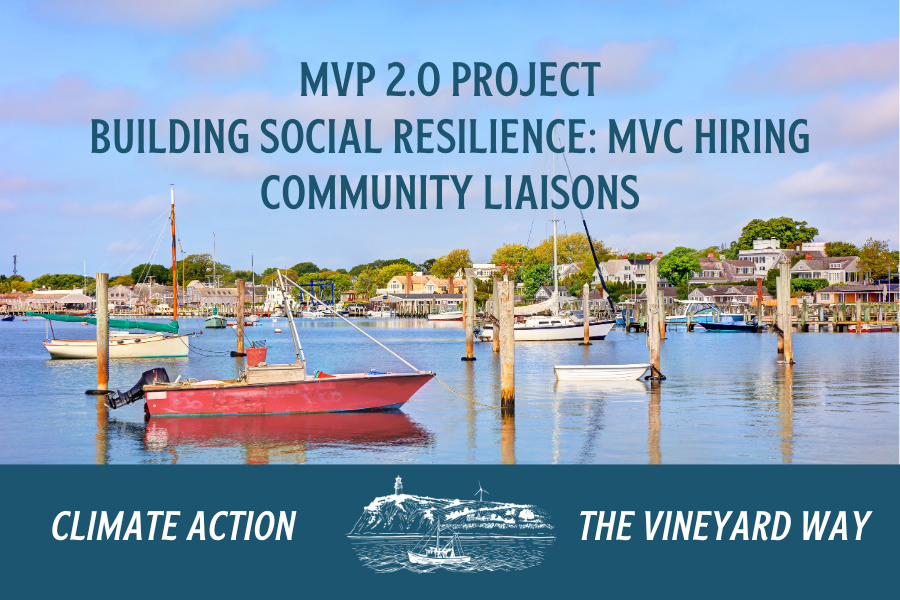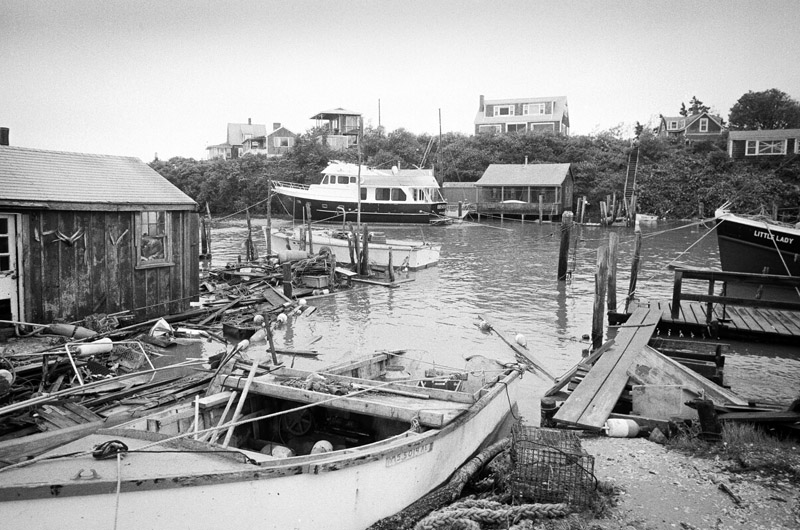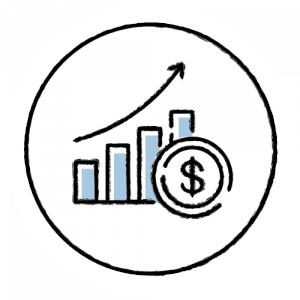
Economic Resilience
The actions in this focus area strive to increase the local economy’s capacity to handle shocks that may occur due to extreme weather and build a workforce that can take advantage of new climate opportunities and fosters sustainability.
Page Links
Economic Resilience Updates
Building Social Resilience: MVC Hiring Community Liaisons
Embracing a Green Future: ACE MV’s Clean Energy Career Program
Hurricane Season Has Begun—Are You Ready?
Ways to Take Action
Challenges
The challenges associated with climate change are vast and varied, and will continue to evolve as climate change progresses. At the time of the Climate Action Plan’s creation, these challenges were at the forefront of the Economic Resilience thematic area.
Economy and Workforce
Cost of Living Increases
Infrastructure Interruptions
Considerations
While climate change is a worldwide phenomenon, there are some aspects that are unique to the Martha’s Vineyard community. These considerations guided the detailed goals, objectives, and actions in the Economic Resilience thematic area.
Building a Resilient Local Economy
Watch the stories of Islanders who care about the strength and resilience of our local economy – and find out how local businesses can chart the way forward to a better future for all.
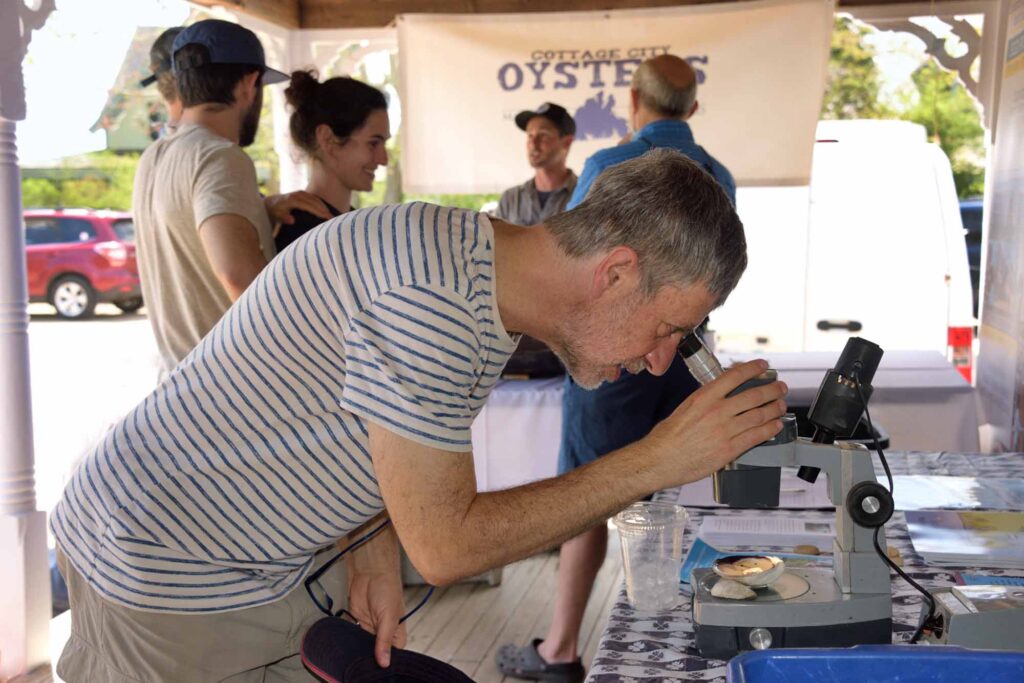
Stregthening Blue, Green, and Creative
Planning for a more climate sustainable economy can be accomplished by diversifying and strengthening on blue, green, and creative economies.
Blue Economy: Ocean-based jobs including fishing/aquaculture, boat building and repair, marine transportation, and sustainable tourism.
Green Economy: Jobs that reduce greenhouse gas emissions, preserve biodiversity, and enhance ecosystem services, including renewable energy and nature-based climate change-adaptation strategies.
Creative Economy: Jobs related to human creativity, such as art, music, food, knowledge, and technology.

An Economy That Works for Everyone
Equity Considerations
Economic disparity on the Island is a major roadblock to an equitable society. Extreme real estate prices, a lack of affordable housing, and high costs of living threaten to disenfranchise the year-round working class population. This is particularly true of vulnerable populations, including low wage earners, persons lacking in specialized training, non-English speaking residents, and business owners and employees located in flood-prone and other climate-impacted areas. We will address climate change-related equity issues with increased identification and access to training for local climate change-related jobs that target vulnerable populations and provide support for the adaptation of vulnerable businesses.
Economic Resilience Goals and Action Plan
Awaiting Resources
In Progress
Complete
Goal 1
By 2040, we have in place the framework to adapt the Vineyard economy with the diversification, resilience, and sustainability needed to meet the Island’s challenges and opportunities from climate change.
Objective 1
By 2030, an Island-wide vision for a sustainable and resilient future economy is established. (Some actions support Overarching Goal 1.)
Action 1.1
An economic sub-committee of the Climate Action Task Force is established.
2023
Action 1.2
Create a set of climate impact scenarios to be widely distributed and discussed among business/industry, government, and public.
2023
Action 1.3
Evaluate business vulnerabilities and options for addressing new economic conditions.
2025
Action 1.4
With other working groups, develop a collaborative long-term vision and land use decision-making framework that builds environmental and socioeconomic resilience.
2025
Action 1.5
Conduct an edcuation campaign to build understanding and commitment to likely climate impacts and necessary adaptation.
2026
Action 1.6
Develop an Island-wide vision for a sustainable and resilient future economy.
2030
Objective 2
By 2030, our businesses contribute individually to Island sustainability through climate change mitigation measures.
Action 2.1
Develop a checklist of action covenants for businesses to take to addressing sustainability and mitigation measures.
2022
Action 2.2
Create incentives to implement change and acknowledge businesses that join the campaign.
2025
Action 2.3
Use checklist to measure and monitor business progress in implementing sustainability and mitigation measures.
Ongoing
Objective 3
By 2030, we have a local, capable, and motivated workforce through a job training network for local residents.
Action 3.1
Identify needed jobs, skills and careers that will help MV address climate resilience.
2022
Action 3.2
Engage employers, assess hiring needs and capacity to hire new staff and/or transition to new types of employees.
2023
Action 3.3
Offer programs (with an emphasis on vulnerable populations) that lead to high-climate-priority job credentials.
2023
Action 3.4
Increase capacity at MV Regional High School for in-school Career and Technical training, as well as high-level science programming.
2027
Objective 4
By 2027, assist vulnerable business types to identify the challenges and opportunities that will enable them to transition to a sustainable model.
Action 4.1
Use results from Action 1.3 to begin discussions with vulnerable businesses.
2025
Objective 5
By 2030, our businesses are prepared for and able to adapt and recover from, slow on-set and acute climate change impacts and, where necessary, identified relocation options. This Objective will not be initiated until a lead is found.
Action 5.1
Develop a set of metrics to help businesses understand/assess how urgent their vulnerability status is (physical vs extreme event).
TBD
Action 5.2
Develop a set of best practices for businesses to take to prepare for climate impacts (e.g. access to capital).
TBD
Action 5.3
Using assessment develop and provide outreach and technical capacity to vulnerable businesses to make changes.
TBD
Action 5.4
Create incentives to implement change and acknowledge businesses that do.
TBD
Action 5.5
Develop a communication plan for emergency preparedness.
TBD
Action 5.6
Use checklist to measure and monitor business progress in changing operations and relocating.
TBD
Thematic Working Group Members
Don Leopold
Charles Goodhue
Christine Flynn
Allen Rugg
Julia Cleste Tarka
Jessica Mason
Jonathan Blum
Jevon Rego
Christine Todd
Fred Roven
Heidi Stevenson
Phil Wallis
Hunter Moorman
